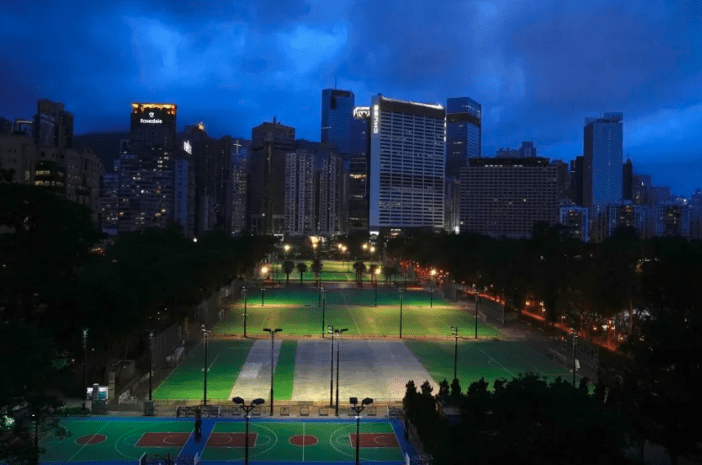Sept. 21, Robert Lawson, director of the Bridwell Institute for Economic Freedom at the SMU Dallas Cox School of Business, for a commentary about Hong Kong’s slide from the top spot on the Economic Freedom Index. Published in the Orange County Register under the heading A blow to liberty: Hong Kong is no longer No. 1 in economic freedom: https://tinyurl.com/54rya375
In the late 1980s at the invitation of Milton Friedman and Michael Walker of the Fraser Institute in Canada, I became involved in a project to measure economic freedom. The resulting Economic Freedom of the World (EFW) index, published annually since 1996, provides economic freedom ratings for up to 165 countries and jurisdictions as far back as 1970. In each and every published edition of the EFW index, Hong Kong had been rated as the most economically free economy – that is, until now. The newly released EFW index has downgraded Hong Kong to second place with Singapore now taking top honors.
Hong Kong’s five-decade reign as the most economically free jurisdiction in the EFW index was no surprise to those of us compiling the data. We remember watching Milton and Rose Friedman’s Free To Choose series on PBS in the 1980s that celebrated the territory’s economic freedoms, and the data we collected reflected what we saw on the show.
Continue reading “A blow to liberty: Hong Kong is no longer No. 1 in economic freedom”



